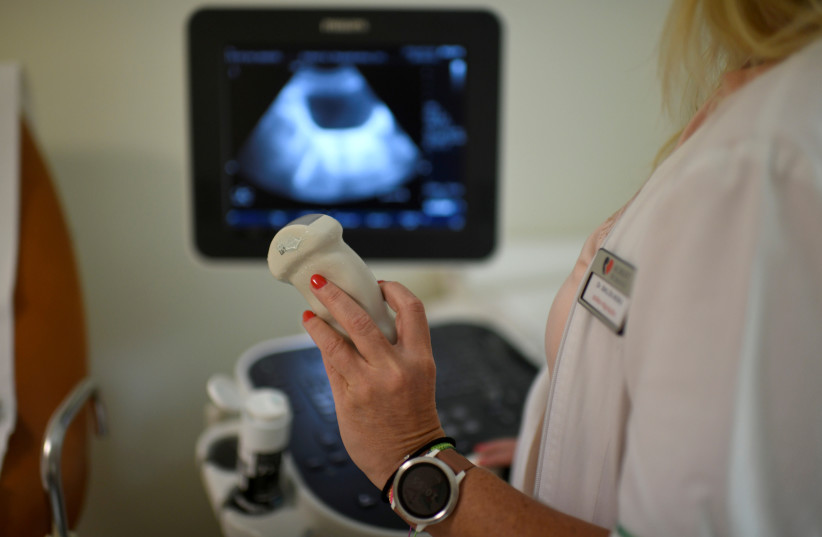This is the tool you’ve been missing that will help you find a gynecologist you can feel safe and comfortable with.
The recent wave of reports about male gynecologists who have harassed and sexually abused their patients didn’t really come as a surprise. These medical professionals feed on the fear and lack of power that women feel in the power dynamic of this relationship. Now, a new platform created and fueled by the recommendations of other women offers a possible solution.
In recent months, numerous cases of sexual harassment and assault by gynecologists have been reported, which has made many women even more apprehensive to schedule that appointment, a phone call that is never easy to make. To ease their fears, women have looked for recommendations – and red flags — about gynecologists in closed groups on women's health issues, but the answers there aren’t always sufficient, both in quantity and in the level of detail they provide.
In order for women to feel safe during a physical exam at the gynecologist, some basic conditions and boundaries need to be set. Unfortunately this isn’t always the case.
The Briah Fund, a health foundation site, explains how a gynecological exam is a complex situation for many women which can provoke a plethora of feelings. These can include severe embarrassment, physical pain, stress and anxiety.

In some cases, it can even trigger past traumas. However, until Briah developed their gynecological exam report, there wasn’t a protocol or official policy in Israel stating how these exams should be conducted.
Briah submitted their recommendations for changing the commonly accepted protocol of gynecological appointments, and although this is an important step in the right direction, in reality, the needs of patients are not being properly addressed; it only scratches the surface.
Looking for a safe space
This new platform is attempting to bridge that gap.
The Novolog group, a Home Health Care Services company, launched a special project this week called Infomed to consolidate recommendations specifically for gynecologists.
The group created a short questionnaire based on five parameters through which women can report the experience of a doctor’s visit as objectively as possible. Any doctor who meets all these parameters in their clinic is automatically put on the Infomed database. These are then blasted on social media.
Infomed hopes that the "safe space" index will make it possible to make this essential information accessible to every woman in Israel and help raise awareness for the gynecologists who can actually offer a safe space.
.
Michal Raviv Kadoshim, head of the digital division at Novolog, explained that in recent months, horrifying cases of harassment and sexual abuse of patients by gynecologists have been circulating. These reports have flooded patients with difficult feelings, in addition to how uncomfortable and apprehensive women already feel going to gynecologists.
“Recognizing that a handful of doctors are abusive doesn't mean that they are all bad. We found a way to publicize a list of doctors that women themselves have recommend [from first-hand experience],” she added.
The database of doctors we compiled is based on recommendations from women in Israel and their experience visiting a specific gynecologist. In order to maintain fairness for both parties, both the patient and doctor, the focus of patients' reporting is not on their subjective experience, but rather as objective as possible.”
Kadoshim concluded: "Our ultimate goal is to provide a safe space for women. Thanks to doctors, we’re living healthier lives, so we really appreciate them. However, our mental health is also crucial and we hope that together we can reduce harassment during exams as much as possible and enjoy a safe medical space.”
All patients have the right to bring in someone with them to an exam, such as a friend or a relative. If the doctor refuses to allow this, walk out.
